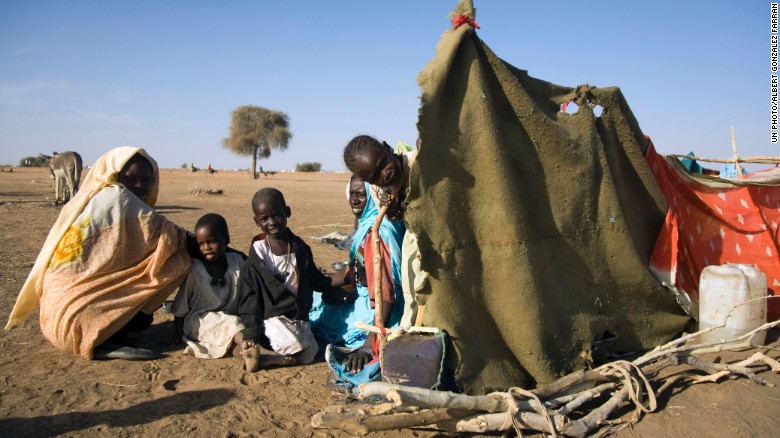
Like most of you, my news feed has been filled with articles and op-ed's about Trump's immigration ban that targets seven majority Muslim countries--Iraq, Iran, Syria, Sudan, Somalia, and Libya. If you're reading this blog, I assume you have some ties to ELL's, and so you probably know immigrants from at least one, if not all, of these countries. If you teach ELL's, as I do, you probably also have students from at least one of these countries, and you're outraged and hurting for your students and their families, as well as your friends and neighbors who are impacted by this executive action.
Maybe you've written e-mails or postcards, made phone calls, donated to causes, or attended a rally in opposition to this action. I hope you have. Want to do something? Click here to find out who your representatives are. Need to contact your Senators? Click here.
Anyway, last night while I was trying to sleep with my mind repeating the news cycle in my head, I realized that while this anti-Muslim action is upsetting to me personally, it is so much more so to my young students. I'm heartbroken and ashamed by the actions of my country, and I'm mature enough to fully understand the ramifications of this action. However, my family and I are in no danger of being forced to leave our homes, nor do we fear for the safety of loved ones in other countries. My students are not able yet, at their young age, to understand all of the information that has been in the news, and they and their families ARE directly impacted by the immigration ban. So, my thoughts shifted to how I was feeling towards what can I do to help my students through this painful and scary time?
I got up out of bed and started doing some research. I'm not a counselor, so I'm not in a position to determine the best ways to talk to students about the ban and how it affects them. I began my search by looking for tips from professionals on talking to young children about tragedies in the news. I found a wealth of information that not only supported my instincts for how to proceed (I do have a kid, so I'm not new to this!!), but I also found some helpful tips that I hadn't considered.
I read and reflected, and then compiled a list of what I felt were the most useful and pertinent tips for helping younger students (elementary and middle school aged) work through the immigration ban:
- Do not bring up the immigration ban. If your students raise the issue, proceed!
- Ask your students what they already know.
- Ask your students what, if any, questions they have. When answering questions, be careful to only answer with information you know for sure to be true. It's okay to tell children that you don't know the answer. Also, begin with the basics. Children may not be ready for the full details, so start small. If your students have additional questions, they can continue to probe until they're satisfied, but we don't want to overwhelm them with information. Again, we don't know a lot of information yet about the ban and how it will all shake out in the end, so only give answers you know with certainty are true and verifiable.
- If you feel comfortable, let your students know that you also feel sad about what is going on and that you are happy that they and their family are here with us in the U.S. They have probably heard, if not experienced, the hateful rhetoric currently being spewed in our country. Let them know that you are on their side and that their school family supports them 100% (if this is the case. And I hope it is.)
- Reassure your students as much as you are able. Let them know that there are grown-ups working very hard on the issue, and that there is hope that things will be okay.
- Most importantly, listen. If a student honors you with their trust, sit quietly, listen, and validate their feelings. It's important to clear up any misunderstandings, but it's also important that we not belittle their feelings with a trite, "It's all going to be okay. Don't worry."
Here are the articles I pulled information from:
Yours in solidarity,
Jacquie

No comments:
Post a Comment